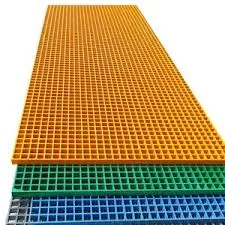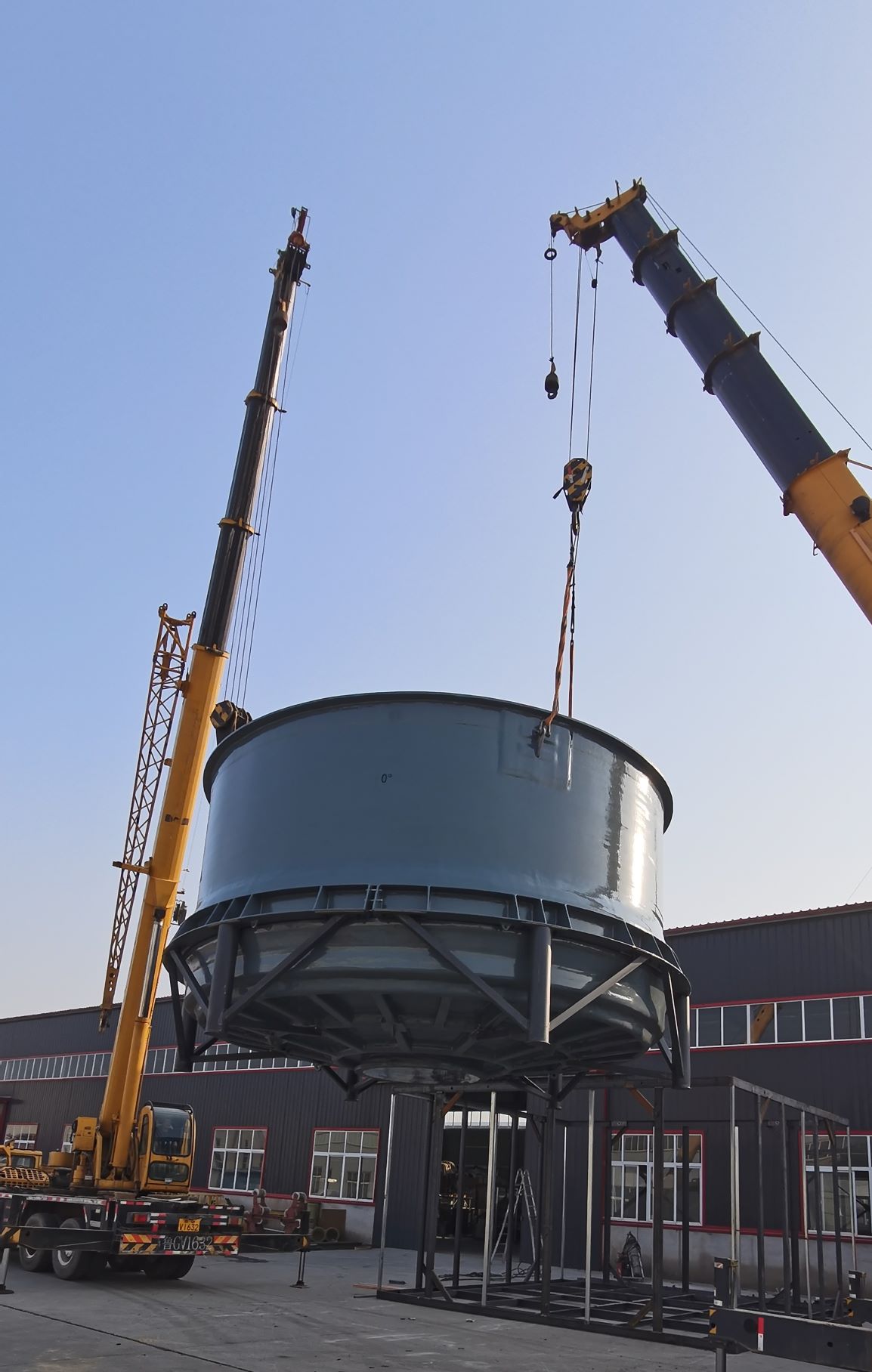
-
 Afrikaans
Afrikaans -
 Albanian
Albanian -
 Amharic
Amharic -
 Arabic
Arabic -
 Armenian
Armenian -
 Azerbaijani
Azerbaijani -
 Basque
Basque -
 Belarusian
Belarusian -
 Bengali
Bengali -
 Bosnian
Bosnian -
 Bulgarian
Bulgarian -
 Catalan
Catalan -
 Cebuano
Cebuano -
 China
China -
 China (Taiwan)
China (Taiwan) -
 Corsican
Corsican -
 Croatian
Croatian -
 Czech
Czech -
 Danish
Danish -
 Dutch
Dutch -
 English
English -
 Esperanto
Esperanto -
 Estonian
Estonian -
 Finnish
Finnish -
 French
French -
 Frisian
Frisian -
 Galician
Galician -
 Georgian
Georgian -
 German
German -
 Greek
Greek -
 Gujarati
Gujarati -
 Haitian Creole
Haitian Creole -
 hausa
hausa -
 hawaiian
hawaiian -
 Hebrew
Hebrew -
 Hindi
Hindi -
 Miao
Miao -
 Hungarian
Hungarian -
 Icelandic
Icelandic -
 igbo
igbo -
 Indonesian
Indonesian -
 irish
irish -
 Italian
Italian -
 Japanese
Japanese -
 Javanese
Javanese -
 Kannada
Kannada -
 kazakh
kazakh -
 Khmer
Khmer -
 Rwandese
Rwandese -
 Korean
Korean -
 Kurdish
Kurdish -
 Kyrgyz
Kyrgyz -
 Lao
Lao -
 Latin
Latin -
 Latvian
Latvian -
 Lithuanian
Lithuanian -
 Luxembourgish
Luxembourgish -
 Macedonian
Macedonian -
 Malgashi
Malgashi -
 Malay
Malay -
 Malayalam
Malayalam -
 Maltese
Maltese -
 Maori
Maori -
 Marathi
Marathi -
 Mongolian
Mongolian -
 Myanmar
Myanmar -
 Nepali
Nepali -
 Norwegian
Norwegian -
 Norwegian
Norwegian -
 Occitan
Occitan -
 Pashto
Pashto -
 Persian
Persian -
 Polish
Polish -
 Portuguese
Portuguese -
 Punjabi
Punjabi -
 Romanian
Romanian -
 Russian
Russian -
 Samoan
Samoan -
 Scottish Gaelic
Scottish Gaelic -
 Serbian
Serbian -
 Sesotho
Sesotho -
 Shona
Shona -
 Sindhi
Sindhi -
 Sinhala
Sinhala -
 Slovak
Slovak -
 Slovenian
Slovenian -
 Somali
Somali -
 Spanish
Spanish -
 Sundanese
Sundanese -
 Swahili
Swahili -
 Swedish
Swedish -
 Tagalog
Tagalog -
 Tajik
Tajik -
 Tamil
Tamil -
 Tatar
Tatar -
 Telugu
Telugu -
 Thai
Thai -
 Turkish
Turkish -
 Turkmen
Turkmen -
 Ukrainian
Ukrainian -
 Urdu
Urdu -
 Uighur
Uighur -
 Uzbek
Uzbek -
 Vietnamese
Vietnamese -
 Welsh
Welsh -
 Bantu
Bantu -
 Yiddish
Yiddish -
 Yoruba
Yoruba -
 Zulu
Zulu
Jan . 13, 2025 10:10
Back to list
frp flange
The FRP flange market has seen a remarkable evolution in recent years, driven by the need for durable, corrosion-resistant solutions in various industrial applications. These flanges are crafted from fiber-reinforced plastics, which combine the lightweight properties of plastic with the strength of glass fibers, making them an ideal choice for many sectors, including chemical processing, marine, and wastewater management.
Authoritativeness in the FRP flange industry is primarily driven by adherence to quality standards and certifications. Legitimate manufacturers often undergo rigorous testing to certify their products with ISO and ASTM standards, among others. These certifications reassure clients of the product’s reliability and quality. A CEO from a major FRP manufacturer emphasizes the importance of such credentials in building trust with clients, noting that these standards are not just benchmarks but critical components of their brand identity. This adherence not only verifies the product's capability but also positions the company as a leader in the industry, fostering trust with potential buyers. Trustworthiness, the cornerstone of any supplier-client relationship, is reinforced by transparent communication and exemplary service delivery. Clients express confidence in suppliers who provide detailed information about their products, including material composition, expected lifespan, and maintenance recommendations. In addition, offering exceptional after-sales support further solidifies this trust. By prioritizing customer service and technical support, suppliers demonstrate their commitment to not only providing superior products but also ensuring customer satisfaction throughout the product's lifecycle. In conclusion, FRP flanges represent a fusion of innovative materials science and practical application across industries with demanding operational environments. Through the lens of experience, expertise, authoritativeness, and trustworthiness, these components not only meet but often exceed the expectations placed upon them by providing efficient, cost-effective, and reliable solutions. As industries continue to evolve, the adaptation and use of FRP flanges are likely to expand, underscoring the importance of ongoing development and adherence to quality standards in this vital sector.


Authoritativeness in the FRP flange industry is primarily driven by adherence to quality standards and certifications. Legitimate manufacturers often undergo rigorous testing to certify their products with ISO and ASTM standards, among others. These certifications reassure clients of the product’s reliability and quality. A CEO from a major FRP manufacturer emphasizes the importance of such credentials in building trust with clients, noting that these standards are not just benchmarks but critical components of their brand identity. This adherence not only verifies the product's capability but also positions the company as a leader in the industry, fostering trust with potential buyers. Trustworthiness, the cornerstone of any supplier-client relationship, is reinforced by transparent communication and exemplary service delivery. Clients express confidence in suppliers who provide detailed information about their products, including material composition, expected lifespan, and maintenance recommendations. In addition, offering exceptional after-sales support further solidifies this trust. By prioritizing customer service and technical support, suppliers demonstrate their commitment to not only providing superior products but also ensuring customer satisfaction throughout the product's lifecycle. In conclusion, FRP flanges represent a fusion of innovative materials science and practical application across industries with demanding operational environments. Through the lens of experience, expertise, authoritativeness, and trustworthiness, these components not only meet but often exceed the expectations placed upon them by providing efficient, cost-effective, and reliable solutions. As industries continue to evolve, the adaptation and use of FRP flanges are likely to expand, underscoring the importance of ongoing development and adherence to quality standards in this vital sector.
Next:
Related Products
Latest news
-
High-Quality Fiberglass Car Bodies Durable GRP Car & Boat Body SolutionsNewsJul.08,2025
-
High-Quality Fiberglass Dual Lamination Product Manufacturer Durable FRP & GRP Dual Lamination SolutionsNewsJul.08,2025
-
Rectangular Tank with Dimensions for GRP Calculation Custom Fiberglass GRP Rectangular TanksNewsJul.07,2025
-
High-Quality Fiberglass Weir Custom FRP Weir & Fiberglass Tanks ManufacturerNewsJul.07,2025
-
CPVC FRP Pipe A Reliable Choice for Industrial Applications High Strength & Corrosion ResistanceNewsJul.07,2025
-
Fiberglass Scrubber for Effective Cleaning and Stain Removal – Superior Performance in Various ApplicationsNewsJul.06,2025









